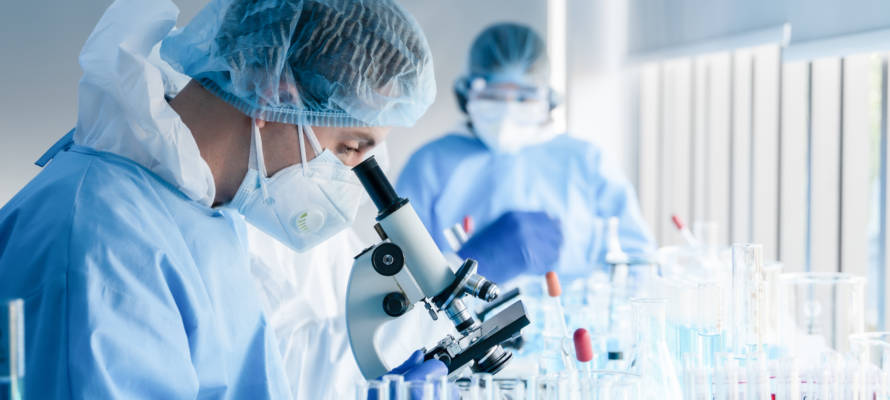Further research is needed to determine if manipulating the gut microbiome could be a viable treatment approach for ASD.
By Pesach Benson, TPS
Israeli researchers have uncovered a potential link between Autism Spectrum Disorder (ASD) and the composition of the gut microbiome, offering avenues for exploring the long-term effects of microbial interventions during early developmental stages and their impact on brain development.
ASD is a developmental disorder that affects communication, social interaction, behavior, and interests. It is referred to as a “spectrum” disorder because it affects individuals differently and to varying degrees. According to the US-based Centers for Disease Control and Prevention, more than 75 million people around the world are on the spectrum.
Emerging research has suggested an association between ASD and the gut microbiome, the community of microorganisms that live in the digestive tract.
In a study recently published in the peer-reviewed npj Biofilms and Microbiomes, a team of researchers from Bar-Ilan University in Ramat Gan who examined 96 individuals diagnosed with ASD alongside 42 neurotypical individuals found significant differences in both alpha and beta diversity among those with ASD. Moreover, specific types of bacteria were found to be more prevalent in individuals with autism.
Of particular note were the increased alpha diversity and elevated levels of the phylum Bacteriodetes and genus Bacteroides in those with ASD. Traditionally, decreased alpha diversity has been linked to compromised health, but its unexpected rise challenges prevailing notions, especially concerning neurological disorders, the researchers said. Bacteroides, typically present in the human gut microbiome, may have adverse health effects when overly abundant.
The team’s further experiments on newborn mice treated with Bacteroides fragilis revealed social behavior dysfunction, increased repetitive behaviors, and gene expression dysregulation.
“Our research suggests that an overabundance of Bacteriodes, particularly in early life, may have functional consequences for individuals with ASD. This sheds new light on the complex interplay between the microbiome and neurodevelopment in individuals with ASD,” said lead researcher Prof. Evan Elliott.
Notably, the effects were primarily observed in male mice, hinting at potential sex-specific susceptibilities to environmental factors contributing to ASD. This finding underscored the need for further exploration into gender-specific aspects of ASD and the role of microbial composition, the researchers said.
Further research is needed to determine if manipulating the gut microbiome could be a viable treatment approach for ASD.
